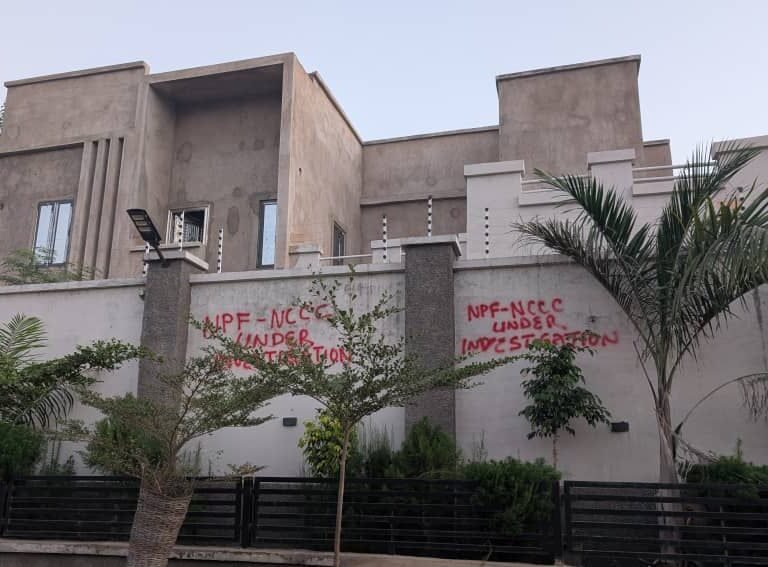
Palestinians in Gaza are grappling with a worsening environmental crisis as sewage water floods the streets, creating a severe health threat.
The situation escalated after Israel closed border crossings, cutting off fuel and electricity supplies, which forced the shutdown of sewage pumping stations. This has left thousands vulnerable to diseases and other health risks as sewage mixes with rainwater in low-lying areas.
The crisis deepened following the end of the initial ceasefire and prisoner exchange agreement between Israel and Hamas in early March. Israel’s decision to restrict humanitarian aid and block fuel shipments has further crippled Gaza’s infrastructure, including water and sewage treatment facilities.
Local officials, including Gaza Municipality spokesperson Hosni Mahna, warned that the lack of fuel and targeted attacks on sewage stations have turned the situation into a disaster. The flooding of streets with sewage not only poses a direct health hazard but also risks contaminating underground water sources, making the drinking water unsafe.
Residents living near the Sheikh Radwan Pond, like Mohamed Barakat, described how the mixing of sewage with rainwater has made life unbearable, with the area becoming a breeding ground for diseases. Barakat expressed fear that the situation could lead to unforeseen health disasters if not addressed immediately.
During Israel’s military operations, around 175,000 meters of sewage pipelines were destroyed, and nearly 88% of Gaza’s infrastructure, including essential services, was damaged, according to Gaza’s media office.
Officials are urgently calling for international intervention to provide fuel and maintenance equipment to prevent further environmental damage and avoid a potential epidemic outbreak. Without immediate action, heavy rainfall could worsen the crisis, leading to building collapses and severe water contamination that threatens the health of Gaza’s population.
Source: CNN








Weldon work…
Thank you! Our goal is to keep visitors like you updated.